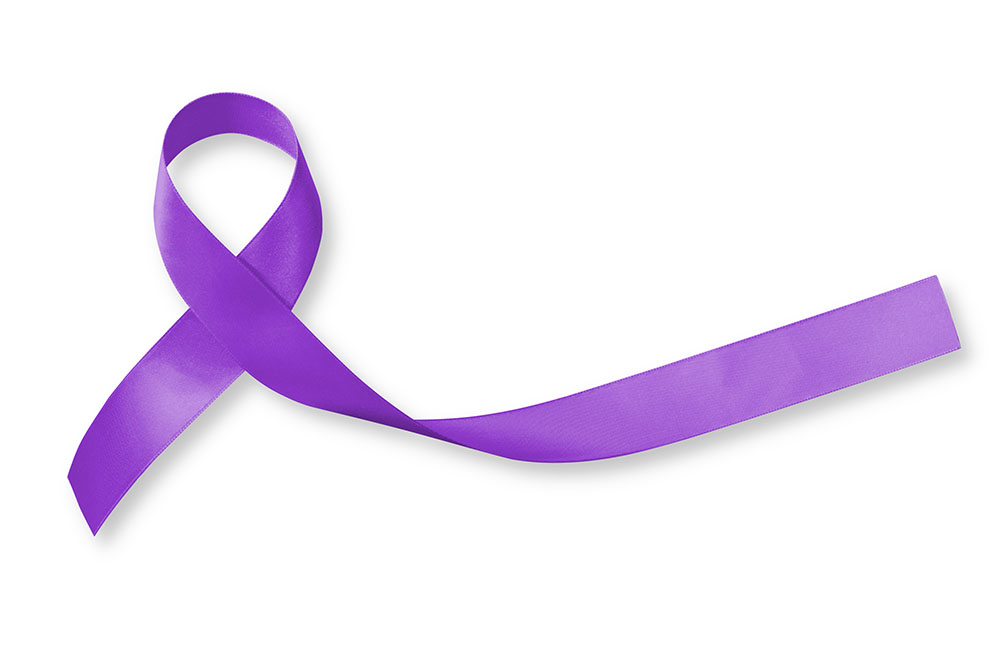April, Testicular Cancer
According to urologyhealth.org, testicular cancer is the most common cancer found in males ages 15-34, with 9,560 diagnosed this year. While the risk of death is lower, about 400 men will die from Testicular Cancer each year.
In most cases, the cause of Testicular Cancer is unclear. Men with testicular cancer may experience a variety of symptoms.
Symptoms of Testicular Cancer may include:
• A painless lump or swelling on either testicle. If found early, a testicular tumor may be about the size of a pea or a marble, but it can grow much larger.
• Pain, discomfort, or numbness, with or without swelling, in a testicle or the scrotum.
• Change in the way a testicle feels or a feeling of heaviness in the scrotum. For example, one testicle may become firmer than the other. Testicular Cancer may cause the testicle to grow either bigger or become smaller.
• Dull ache in the lower abdomen or groin.
• Sudden buildup of fluid in the scrotum.
• Breast tenderness or growth. Although rare, some testicular tumors make hormones that cause breast tenderness or growth of breast tissue, a condition called gynecomastia.
• Lower back pain, shortness of breath, chest pain, and bloody sputum or phlegm can be symptoms of later-stage testicular cancer.
• Swelling of one or both legs, and shortness of breath from a blood clot can be symptoms of testicular cancer. A blood clot in a large vein is called deep venous thrombosis or DVT. A blood clot in an artery in the lung is called a pulmonary embolism and causes shortness of breath. For some young or middle-aged men, developing a blood clot may be the first sign of testicular cancer.
Your risk of Testicular Cancer may increase due to a variety of factors including, but are not limited to:
- An undescended testicle (cryptorchidism), this is where one of the testicles does not descend.
- Abnormal testicle, shape and size.
- Family history, Age, and Race.
There is no way to prevent Testicular Cancer. If you are concerned or have experienced any of these symptoms, please reach out to your doctor or contact our cancer fighting team at New York Cancer and Blood Specialists, at 1-833-CANCER-9.


